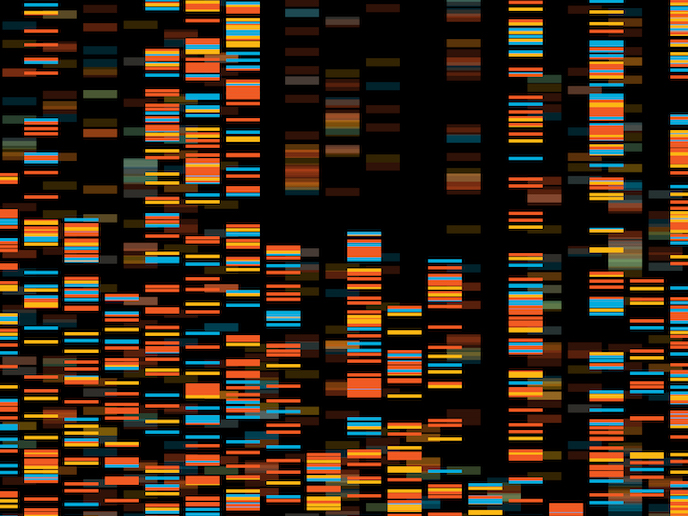The future of the Web is semantic
A main issue in the deployment of the new generation of World Wide Web (WWW), the Semantic Web, is its basic infrastructure. To provide for a wide range of intelligent services such as information brokers, search agents and information filters, ontologies are to act as shared vocabularies. Defining explicitly and formally the semantics of objects and their inter-relationships, they will have a pivotal role to play in enabling content-based access, interoperability and communication across the Web. The European project WONDERWEB aimed to address the question arising as the community of users evolves, 'what kind of ontologies will be needed?' Moreover, the need to establish precise agreements on the meaning of terms becomes crucial as multicultural and multilingual communities start to exchange data and services. To this end, the research work that the WONDERWEB project partners focused on involved the development of a library of foundational ontologies. For ontologies related to each other in a way that would make rationales and alternatives underlying different ontological choices as explicit as possible, a framework of engineering methodologies was developed. Researchers at the Istituto di Scienze e Tecnologie della Cognizione in Italy sought, firstly, to clarify the general attitudes towards ontological analysis. In other words, they sought to distinguish motivations and constraints that drive our conceptualisation of the world before including crucial distinctions in reference modules for the construction of new ontologies. On the other hand, the management and organisation of data and documents already available on the web requires domain specific ontologies. The next step in this line of research was therefore to identify methods to reengineer, align and merge Knowledge Organisation Systems (KOSes). Containing metadata in vocabularies, taxonomies and directories KOSes support document tagging and information retrieval, but they are characterised by informality and heterogeneity. In the context of a concrete case study, principles that can be adopted when re-engineering semi-structured KOSes into formal ontologies were demonstrated for information integration in a specific domain. Such a library of ontological systems would contribute to making computers commit to common ontological agreements, which seems more effective than enforcing interoperability.







